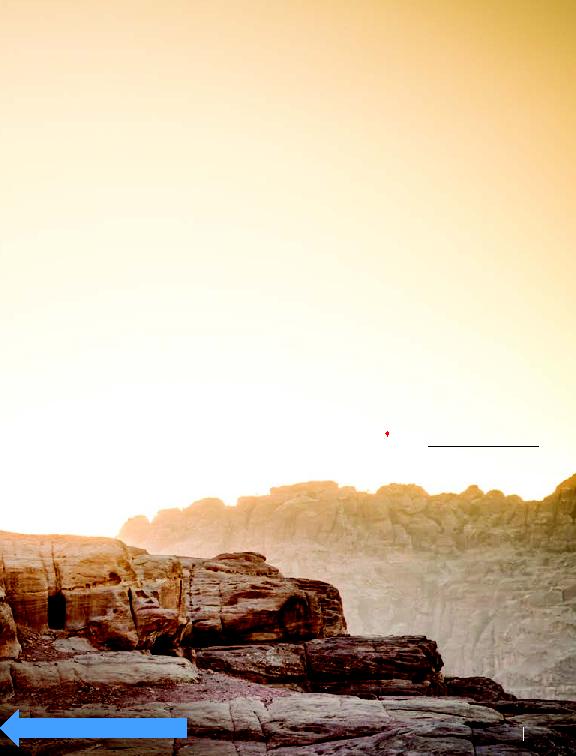
million people behind him, the emptiness of a harsh wil-
derness before him and enemies lurking on his flanks to
destroy both him and his people if ever they betrayed a
moment of weakness?
us in the morning with your unfailing love, that we may
sing for joy and be glad all our days. Make us glad for as
many days as you have afflicted us, for as many years as
we have seen trouble. May your deeds be shown to your
servants, your splendor to their children. May the favor
of the Lord our God rest on us; establish the work of our
hands for us--yes, establish the work of our hands" (vs.
13-17).
is done on enemy ground? By remembering that this
God who is worshipped is one who satisfies His child
with "unfailing love." It is that which causes the weary
heart to sing, that which causes the tired limbs to find
strength, that which makes the fearful soldier take his
sword and face the battle.
be made when we are confident that our work is God's
work. It need not be formal ministry as done by ordained
clergy. Rather, it is to take the raw materials presented
in the form of each new day to craft a work that delights
our loving Father whose smile reflects the warmth of
sunshine back on us.
great nation brought to its knees by such unimaginable
weapons as frogs and lice and darkness. In contrast, the
Lord provides His shelter "from everlasting to everlast-
ing." Moses knew what the mountains were to the an-
cient peoples, representing that which was most ageless.
They were also considered by non-Jews as the birthplace
of the gods. Moses spoke of the earth, thought then to be
the center of the universe. But he reminds God's people
that even mountains, which seem most unaffected by
age, are but another part of God's creation. When the last
of the mountains are blown away as random dust, God
remains untouched by the millennia.
by how fragile, how transient are we of the human race.
"You turn people back to dust, saying, `Return to dust,
you mortals.' A thousand years in your sight are like a
day that has just gone by, or like a watch in the night.
Yet you sweep people away in the sleep of death--they
are like the new grass of the morning: In the morning
it springs up new, but by evening it is dry and withered"
(vs. 3-6).
committed murder (Exodus 2:11-15). Despite his favored
status as a member of Pharaoh's household, he fled for
his life, hiding away as a shepherd. There this man
who sought a place for himself was left to chase sheep
around trackless mountains. When the time came to
lead the children of Israel, he was petrified to even speak
to the ruling Pharaoh. He sought to hide behind his
brother Aaron, feeling unequal to the task. And though
he stood tall, he had to struggle continually with feeling